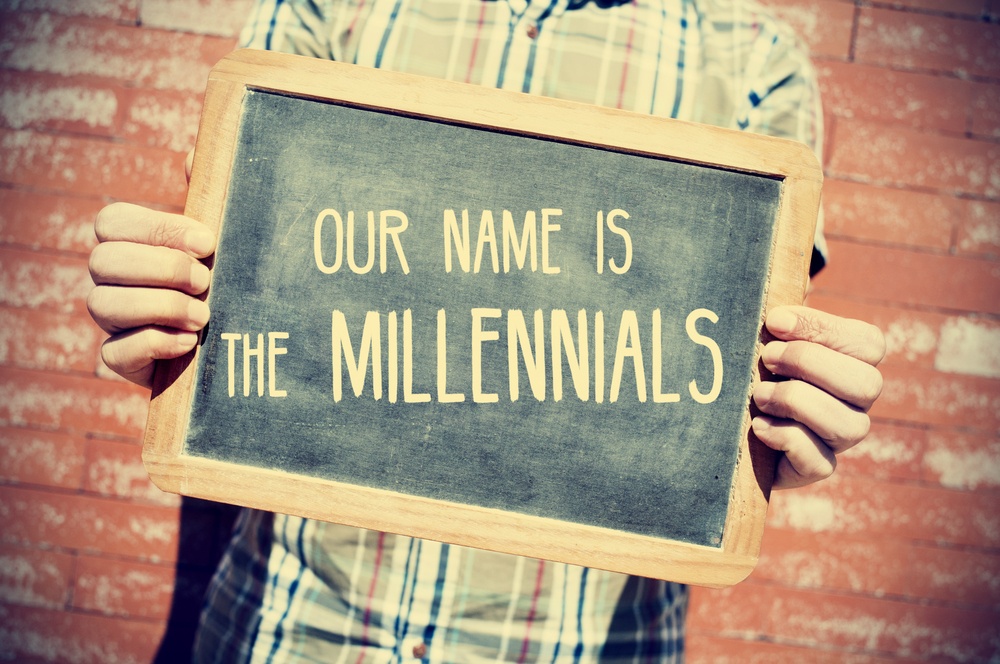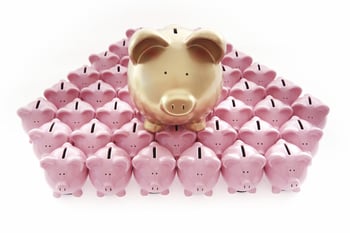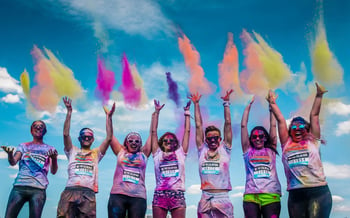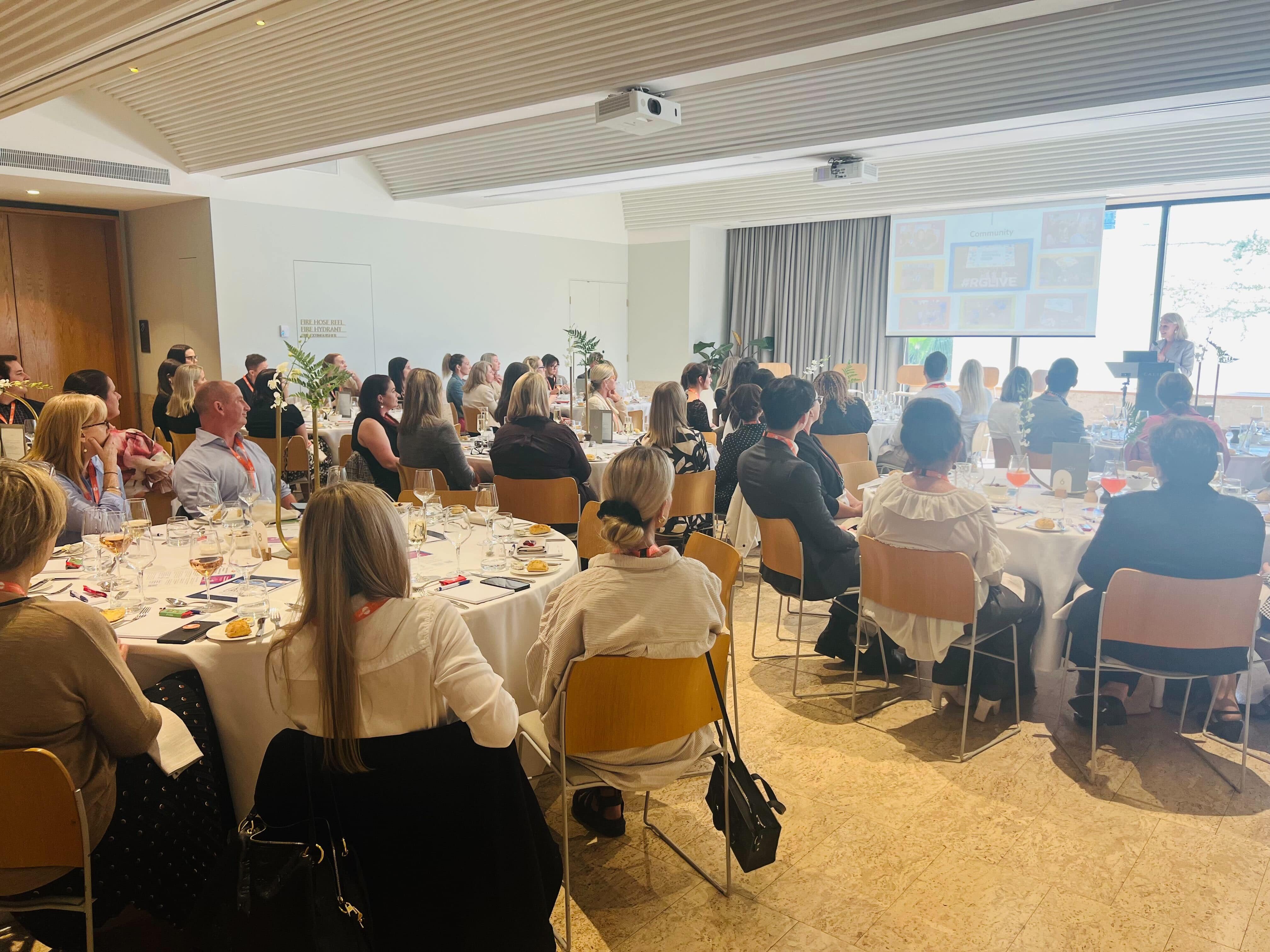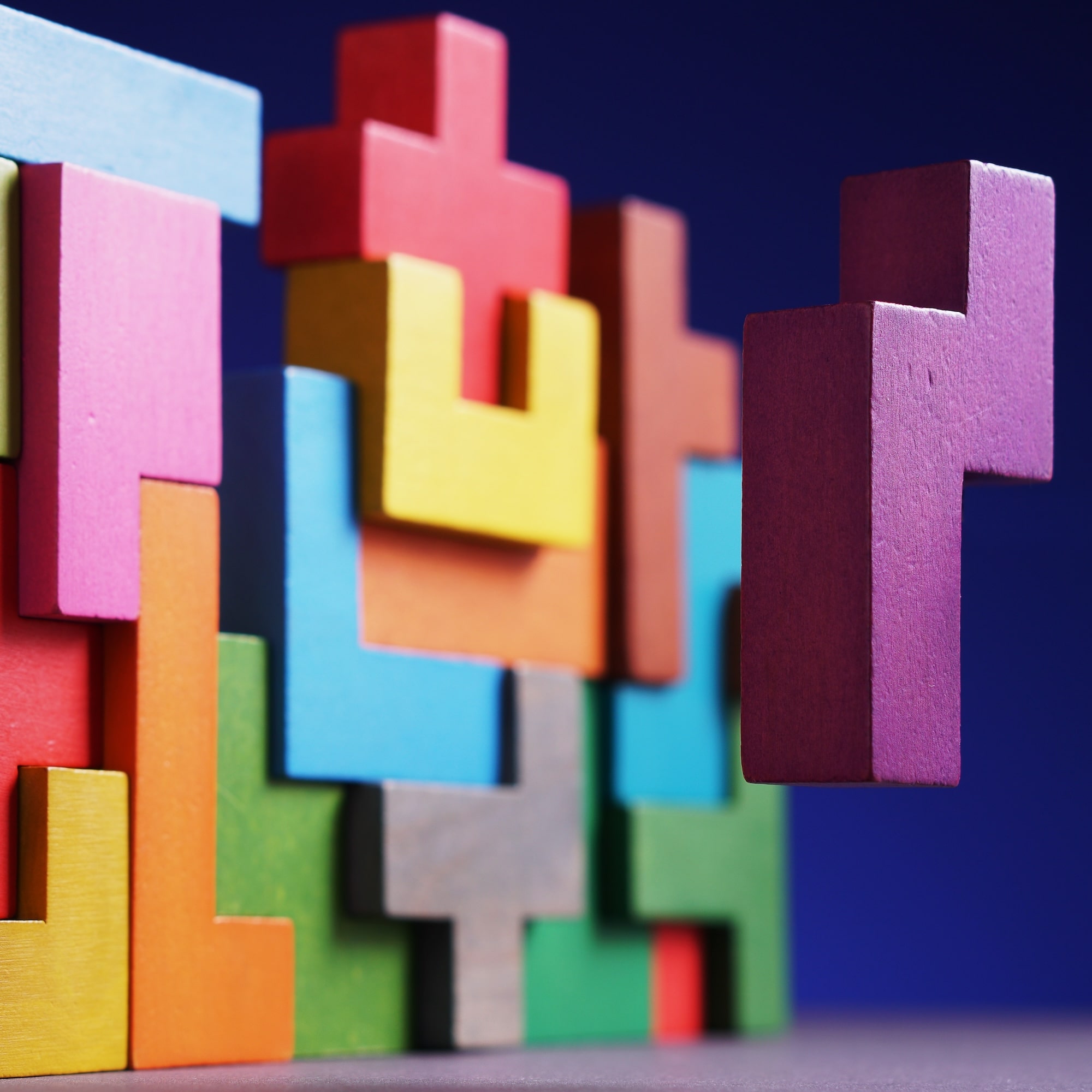We’ve all read the statistics that say by the year 2020, 50% of our employee population will be made up of millennials. We’ve also read the articles and blogs which raise concerns and red flags about this, asking us how we’re going to handle this phenomenon, like it’ll be like something out of a sci-fi film! Question, did we panic this much when we realised that Generation X was taking over the workplace? I think not!
Now I’m not saying that we should not take a step back, asking ourselves if the reward programs which have been effective with other generations are effective with millennials.
But we certainly shouldn’t panic, for although millennials are different, I personally don’t believe they are that drastically different than other generations. Or really, other generations when they were the same age.
Here are four expectations I believe millennials have when it comes to rewards and benefits, which I shared recently at an Engagement Excellence Live event in Boston. Millennials:
Expect more because there is more
The world, including the rewards world, is a different place than it was 5, 10, 15 years ago. Here are a few key reasons for these changes:
- Competition. Companies have had to find new and exciting ways to compete for talent, with traditional reward programs no longer ‘cutting it.’
- Availability. Because of competition, innovation and technology, there are so many more reward products available in the marketplace.
- Awareness. Rewards are much more visible as they are written and spoken about more often both inside and outside of companies (like on social media platforms), so an increased awareness with employees.
What this means for millennials is that they have higher expectations, wanting and expecting more from their rewards package. What it means for reward professionals is that we need to be much more comprehensive and strategic in considering the wide variety of rewards available, deciding which are right for our organisation, for millennials, and other employees. Second, we need to be able to explain and/or justify why we don’t have rewards which other companies are shouting about all over social media, because you know the millennials will be asking you about them.
Expect culture and values to be integrated into rewards
To millennials, culture and values are very important to them. In a survey I recently conducted it was the second reason they join a company (after pay), and the first reason they stay with a company. I credit this to the frequency companies are now talking about culture and values as a differentiator for candidates.
So it should come as no surprise that when creating reward programs for millennials, you need them to reflect your company’s culture and values. For example, if you have values which talk about ‘treating employees with respect’ or another saying that ‘we’re all in it together’, your reward programs should do this or you will certainly be challenged by your millennials.
An example of this is the peer-to-peer recognition program we have at Reward Gateway. The program includes eCards which are based on our eight values, showing the strong connection between what we say about our companies through our values, and how we live and recognise them through our reward and recognition program.

Expect a true partnership and relationship
Another key finding of the survey, and other surveys/reports I’ve read, is that millennials expect a true partnership and relationship with their company. What I mean by this is that they expect to be appreciated, as well as challenged, involved with decisions and listened to. They want it all, because they see themselves as a true partner in their relationship with their company. I believe this is different than former generations, but not necessarily because they are different, but because working relationships have changed and moved to be more of a partnership.
My interpretation of this is that it's critical to have in place programs which support a partnership. This includes a recognition program like I mentioned above, as well as programs such as great idea programs which allow employees to be heard and involved in decisions. I’ve used programs such as these at previous companies (we’ve just launched one at Reward Gateway to involve employees in our product road map), and they have a strong impact on not just millennials but all employees who want to have a voice and a true partnership with their company.
Expect to re-evaluate your communication methods
Communications is an area where I do believe that millennials do differ from other generations, with very different expectations. This isn’t because they are different, but because the world is different. They’ve grown up in a world which communicates quickly and briefly and where communication is always available, so of course they expect this at work. This doesn’t mean that we have to condense a complicated benefits program into 140 characters on a Twitter feed, but it does mean that as part of our communications campaign we need to consider their needs and expectations.
One way that companies are managing this is by creating a communications portal, which allows you to communicate your reward programmes (and other business matters) in a way which will appeal to millennials as well as the rest of your workforce. At Reward Gateway we’ve created a employee communications platform which we call boom! It’s a great way to get information out quickly and effectively and combine a variety of communication approaches which appeal to millennials and other generations − on it, we use Facebook, Instagram and even Snapchat to communicate to our workforce effectively.
To end, let me share something which fellow blogger Bekkie Wetz said at the most recent Engagement Excellence Live event. She reminded us that millennials are a product of their environment, and that we shouldn’t blame them if they have different needs and expectations. We shouldn’t fear them but embrace the changes their generation represents. At Reward Gateway we already have 86% of our employees who are millennials, and I promise you, you have nothing to fear when you get to this percentage. It might just take a little adjusting.
 Debra Corey
Debra Corey
